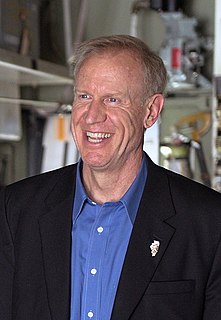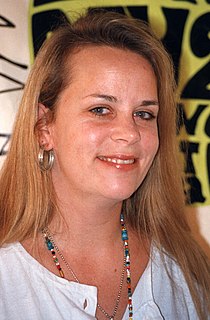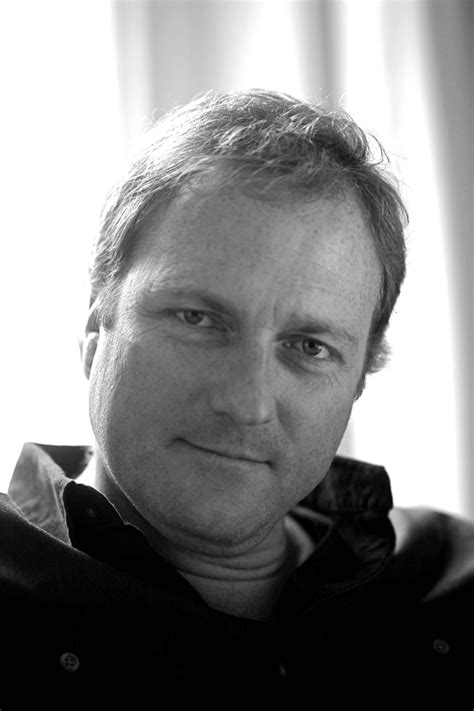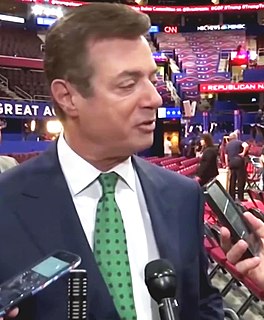Цитата Стейси Абрамс
Лидерство требует способности вовлекать и вызывать сочувствие к сообществам с несоизмеримыми потребностями и идеями. Чтобы рассказать эффективную историю, особенно в романтической обстановке, требуется аналогичный набор навыков.
Связанные цитаты
Искусство и наука о памяти — это развитие способности быстро создавать образы, связывающие разрозненные идеи. Творчество — это способность образовывать подобные связи между разрозненными образами и создавать что-то новое и швырять это в будущее, чтобы оно стало стихотворением, или зданием, или танцем, или романом. Творчество — это, в некотором смысле, память о будущем.
История — это искусство аргументировать прошлое, рассказывая историю, подотчетную свидетельствам. При написании истории история без аргументов превращается в антиквариат; аргумент без истории рискует быть педантичным. Написание истории требует сопереживания, исследований и дебатов. Это требует отказа от снисходительности, лицемерия и ностальгии. Прошлое не причудливо. На самом деле многое из этого мрачно.
Эмпатия — это не просто слушать, это задавать вопросы, ответы на которые нужно слушать. Эмпатия требует исследования так же, как и воображения. Эмпатия требует знания, что вы ничего не знаете. Эмпатия означает признание горизонта контекста, который постоянно выходит за пределы того, что вы можете видеть.
Когда друг нуждается в утешении, не поддавайтесь искушению рассказывать истории, подобные его историям, о бедствиях или тяжелой утрате. Это то, что люди часто делают, чтобы проявить сочувствие, но нет ничего более утомительного, чем проблемы других людей, когда вы хотите сосредоточиться на своих собственных. Слушание, безусловно, лучшая форма утешения.


































